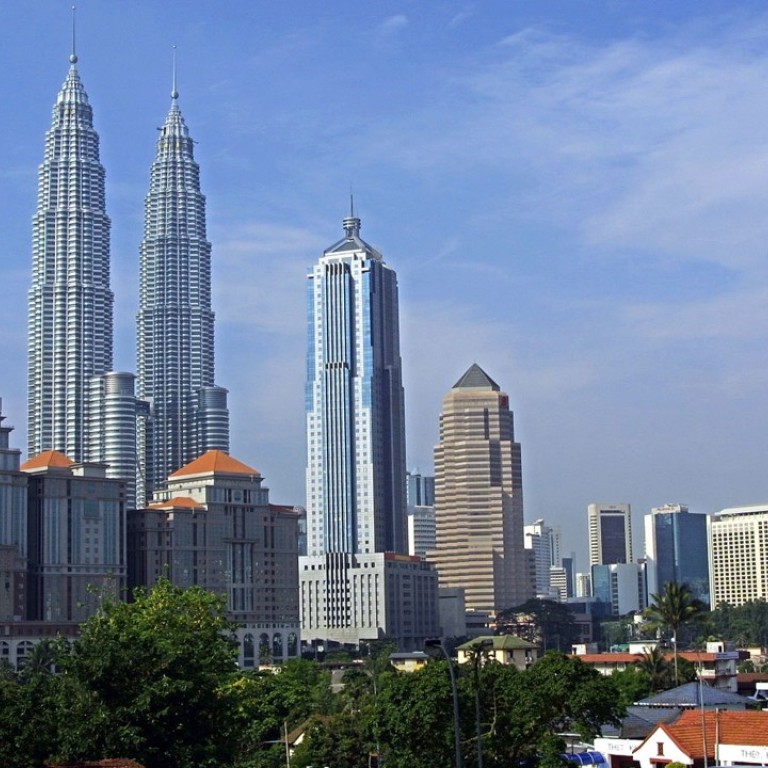
Malaysia’s election could be a tipping point for Chinese property investors
Malaysia’s general election on Wednesday, which has highlighted political uncertainty in the country, may crimp the confidence of Chinese investors, sparking an investor flight towards Singapore property, at least in the short term, analysts said.
Demand for Malaysian property has been lacklustre recently, and some pullback by Chinese investors during the last few months in the run up to the election on May 9 is understandable when instability and policy uncertainty is on the cards, said Christine Li, senior director and head of research at Cushman & Wakefield Singapore.
“There is no real push for Chinese investors to consider Malaysian property at this juncture on the back of stricter capital controls of the Chinese currency, and buyers may turn to Singapore property instead,” Li said.
“Singapore is still a safe haven for property investment as it remains an attractive location for multinational companies to locate their headquarters,” said Li.
She added that a limited housing supply pipeline in Singapore should provide support to prices over the short to medium term.
Li was also more optimistic on the price outlook for Singapore, given the relative price gains versus the Malaysian capital during the past decade. Prices in Singapore rose by 15 per cent between 2009 and 2017, whereas homes in Kuala Lumpur jumped 121 per cent over the same period, she said.
However, other market observers were optimistic on the Malaysian outlook.
“Most Chinese accept the news reports suggesting the ruling coalition will remain in power. The continuity in leadership is taken to mean continuity in policies and investment trends,” said Carrie Law, chief executive of online agency Juwai.com.
“Stability gives Chinese buyers, whether pure investors or owner occupies, the faith that they can acquire property in safety.”
Law said the election result would not affect most buyers.
“If the opposition wins, buyers motivated by pure investment may hold back to see how events play out,” Law said. “However, most buyers are end users purchasing to study in Malaysia, work here, or retire here. They will continue to buy as long as visa and education policies remain favourable.”
“China is still making up for many decades during which it did not invest overseas at all,” Law said.
Law expects Chinese investment in Malaysian residential real estate to double by 2025, driven by the Belt and Road Initiative.
Li also said the Malaysian property market presents “a window of opportunity” for discerning buyers who have a longer-term investment horizon.
According to Parikshat Chawla, a director of global agency LeadingRE, many buyers are attracted by the nation’s 10-year residency visa programme – MM2H (Malaysia My Second Home). Other factors drawing Chinese investors include the large number of international schools, quality health care, low population density and affordability.
“Barring a potential U-turn by the incoming government on the currently favourable foreigner buying regulations, Malaysia’s popularity will remain high,” Chawla said.
Still, Li cautioned Chinese buyers of a potential supply overhang in Malaysia. She advised investors to buy in Kuala Lumpur and Penang where end-user demand is more stable and less speculative.
According to Robert Ang, director of consultancy Rahim & Co International, Chinese buyers should carry out due diligence on Malaysian developers and take special precautions when arranging financing and the transfer of funds.

